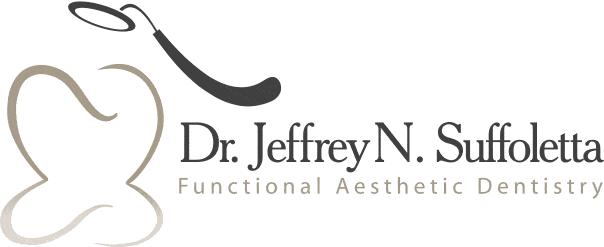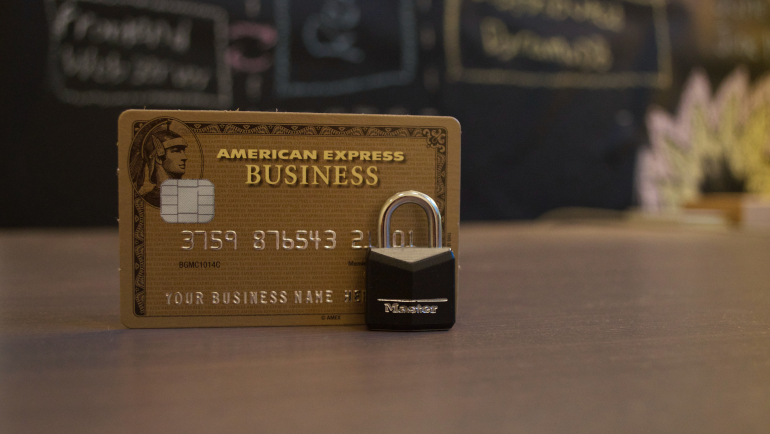Receiving dental treatment on time is critical for your physical and financial health
The high cost of dental procedures can be discouraging for many patients seeking treatment, forcing them to delay appointments. Many Americans don’t have insurance, and those who are covered find out that their insurance only covers 50% or less of the expensive cost of procedures such as dental crowns or root canal.
Many dental issues only get worse when appointments are delayed, obtaining the financing for your treatment is of the utmost importance. Fortunately, there are a number of ways you can receive financing without having to wait, and with a reasonable payment plan.
Dental Financing from Your 401(k)
You can borrow money from your 401(k) plan to pay for your dental treatment. This simply means you are taking money from your savings plan. This option is beneficial since you pay zero interest and you have time to pay the loan back as long as you’re employed.
The downside of this plan is if you lose your job before you can pay back, you will be required to pay within 60 days. It is important to consider your job security situation before taking this option.
Personal Loans
A personal loan is another viable option you can use to finance dental treatment. Many local banks offer these loans and you can apply for them at your local credit union or from online lenders.
Personal loans are usually unsecured, requiring a good credit score to qualify for financing from a lender. Since it has a flexible payment period, you can use it to pay for extended dental work, or for a procedure that needs a few visits to the dentist. Some lenders can accept a cosigner who has a good credit score. Remember to borrow only the amount needed to avoid ruining your credit in the future.

Payment Plans
Many dental offices will offer their own payment plans in-house. In some cases, the initial payment is due upfront, the remaining balance is paid in full according to the time span in the contract. In other cases, the initial payment will still be required up-front, while the remainder of the balance can be paid in smaller increments.
With this option you will not be charged any interest and it usually offers flexible payment plans. In house payments plans are not reported to the credit bureau unless you default. The downside is that – for some dental offices – it’s mainly used for procedures that require several visits to the dentist over an extended period of time.
Dental Credit Cards
Medical credit cards are available at many dental offices who issue them in conjunction with a lender. The dentist can give you an application to a financing company, who will issue a credit card once the application is approved. These cards offer an introductory 0% APR (Annual Percent Rate) within a specified period of time. This means you’ll pay 0% interest within this period. After this period, you’ll be charged interest for the remaining amount you haven’t paid.
Dr. Suffoletta’s office provides the CareCredit Card to patients who need a convenient and cost-effective plan to pay for their dental treatments. Dr. Suffoletta also offers a 5% reduction fee for services paid in full at the time of scheduling when you’re not using dental benefits.
Contact Dr. Suffoletta’s office today for more details on how you can save BIG! On your next dental treatment. Functional Aesthetic Dentistry equals quality & value you can expect from your neighborhood dentist.




